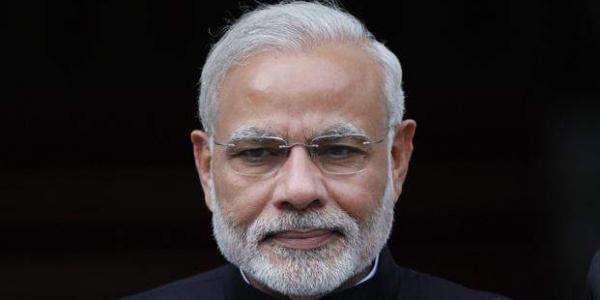Job creation in the country is growing exponentially due to increased economic activity. As per the payroll data of the Employee Provident Fund Organization (EPFO), 41.26 lakh new jobs were created in the eight months up till April this year, with the largest-ever addition of 6.85 lakh in April alone. The EPFO is an organization which assists the central government in administering Provident Fund Scheme, a Pension Scheme and an Insurance Scheme for the workforce engaged in the organized sector in India. The Central Statistics Organization (CSO) had brought out the first release of employment-related statistics in the formal sector in April, 2018 covering the period September 2017 to February, 2018, using information on the number of subscribers who have availed benefits under three major schemes, namely – the EPFO, Employees’ State Insurance Scheme (ESIC) and National Pension Scheme (NPS). CSO is the government agency for coordination of statistical activities in India and evolving and maintaining statistical standards under the Ministry of Statistics and Programme Implementation (MOSPI). According to similar data released by the EPFO, as many as 41, 26,138 new payrolls were created during September 2017 to April 2018, and in April alone 6, 85,841 new payrolls were recorded by the retirement fund body.
According to economists, the wages, not job creation is the major problem in the country. There are many low paying jobs in the informal sector but the real challenge for the government is to improve formal job creation. Now, with the jobs in formal sector improving consistently, the government could have some relief. Manish Sabharwal, who is one most appreciated employment economists in the world, said that “Wages, not jobs, are the main problem for India”. India has more formal as well as informal jobs than we think. Many people who are doing petty informal jobs in cities register themselves as a farmer in official documents.
The efforts by the Modi government to bring structural reforms in the economy are showing up results on the ground. The Indian economy is the fastest growing major economy in the world, while the GDP growth in the last quarter was at a whopping 7.7 percent. Industrial activities have picked up in recent months and with the recapitalization of banks the lending is picking up once again. The Insolvency and Bankruptcy code is solving the NPA problem which will lead to the cleanup of the balance sheet of major public sector banks. But still, the country needs some more reforms in the land, labor, and education sectors for faster job and GDP growth in the country. India’s labor laws are extremely outdated. These outdated labor laws which are a legacy of India’s socialist policies during previous regimes make the hiring of workers a very tough task for the companies. BJP government is trying to pass the “Code on Wages Bill, 2017”, which has passed in Lok Sabha but could not be passed in Rajya Sabha due to Congress’s noncompliance during the Budget session. The bill is expected to pass in Monsoon session, provided the Congress cooperate with the government, rather than making false accusations and pointing fingers at one of the first governments in decades to actually take steps in dealing with the issue.
India needs land reforms to spur economic growth of the country. The Modi government proposed amendments to the Land Acquisition Bill 2016, but Congress has in the past blocked these amendments too. Economic policies of previous Congress governments are responsible for the under-productivity that India is suffering today. The Modi government is doing all it can to make reforms in the areas of labor, education, and land to reverse the damage. However, there is only so much a single party can do in a democracy where a majority is needed in both houses of parliament to make such brave reform bills pass. If the government wins upcoming Lok Sabha elections then it may be able to bring necessary reforms and land and labor for faster formal job creation in the country.
